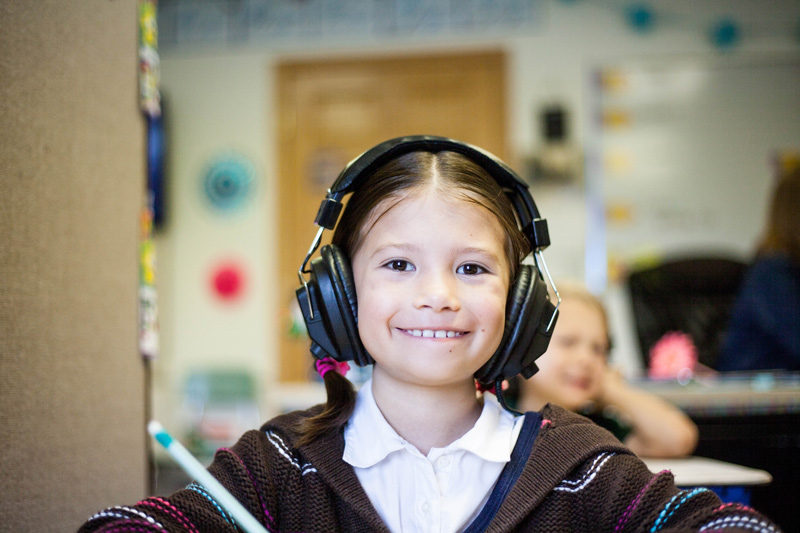Social Groups
Neurodiversity affirming practice

Sydney SLP – working in a neurodiversity affirming space
The neurodiversity paradigm is all about recognising and celebrating the different kinds of human brains. Autism, Attention Deficit Hyperactivity Disorder (ADHD), Developmental Language Disorder (DLD) and Dyslexia are all examples of ‘neurodivergent’ brain types. This is where a person’s brain may process the world differently to ‘neurotypical’ people, leading them to behave differently than the world expects them to.
Neurodiversity affirming practice challenges us to reject the existing mentality that neurodivergent people possess a problem within themselves that needs to be “fixed” so they can be “normal”, which places harmful expectations on neurodivergent people to change themselves for other peoples’ sake, leading to damaging mental health outcomes. It is essential that we all challenge ourselves to reject this mentality.
In our clinic we are striving to:
- Respect our clients’ autonomy in our sessions by valuing “connection over compliance” and allowing them to learn in the way that suits them best.
- Help our clients develop skills needed to communicate effectively in their own way, including encouraging self-advocacy skills so they can learn how to best have their needs met.
- Advocate that neurodivergent people should not have to do all the work and change themselves to fit in with a neurotypical society, and provide strategies to meet their needs by altering their environment.
- Recognise that sometimes kids’ outward behaviors don’t reflect their personality, and often belies an underlying vulnerability or a need that isn’t being met. We need to respect that need regardless of the behaviour.
- See the beauty in neurodivergence and the vibrant neurodivergent community that our clients are a part of, and share in this experience with our clients and their parents.
- Empower our clients by providing them information about their brains and about neurodiversity so they can love themselves as they are.
Above all, we believe communication is a human right and that everyone deserves to have the tools they need to make informed choices about how they move through the world.
We are learning from our neurodivergent peers and clients every day, and we welcome feedback to help us reflect on our work and move towards a more neurodiversity-affirming space.
